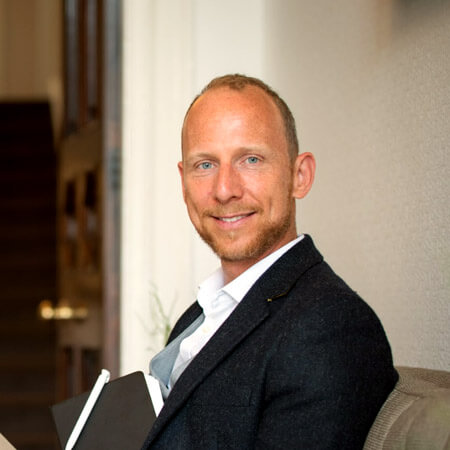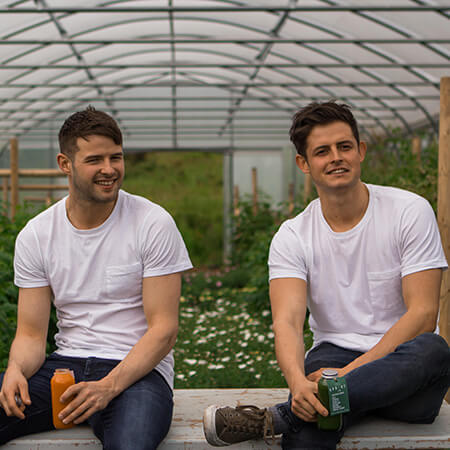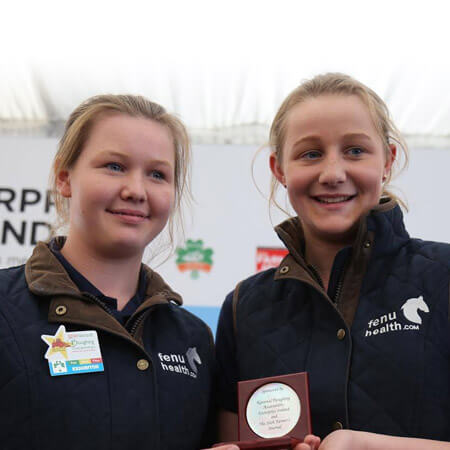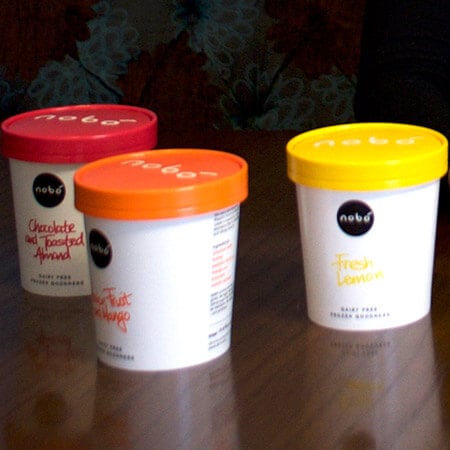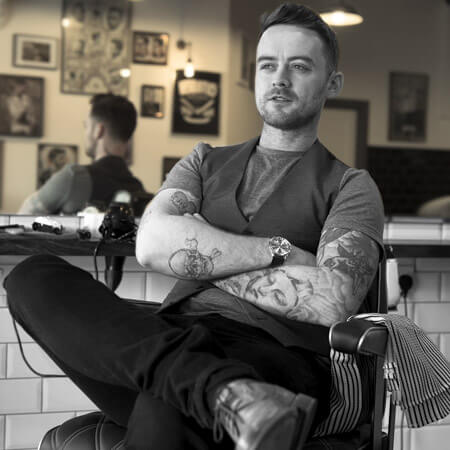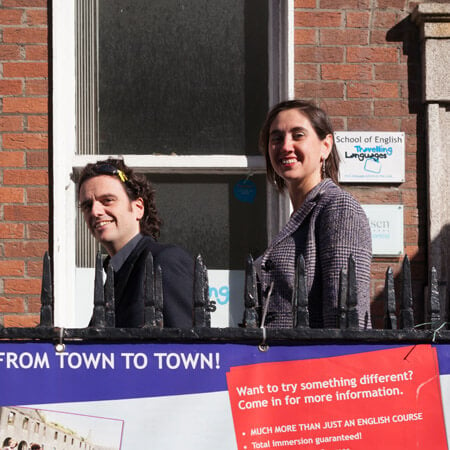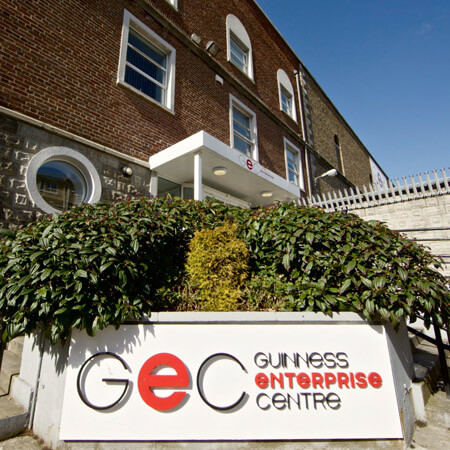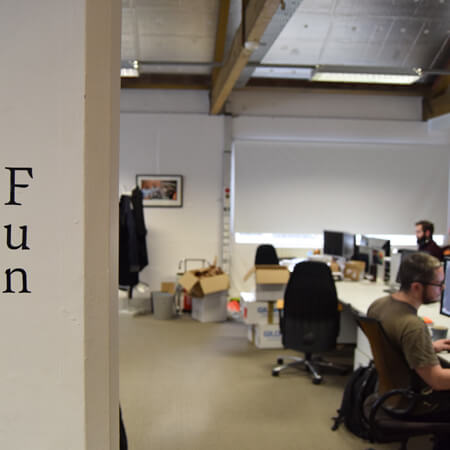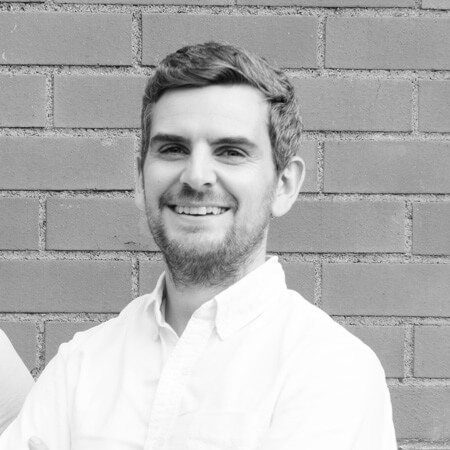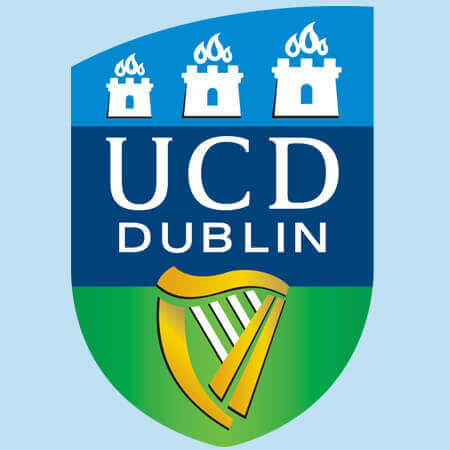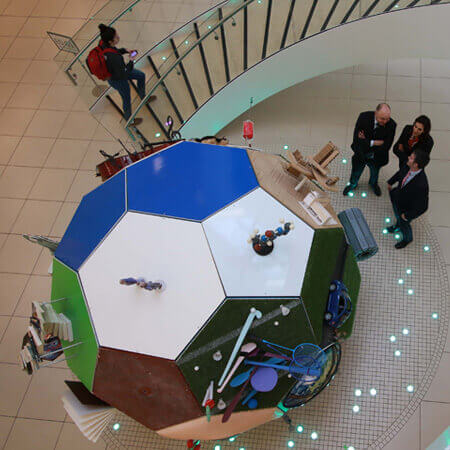The Guinness Enterprise Centre, on Taylor’s Lane in the heart of Dublin’s Liberties, is managed by Dublin Business Innovation Centre and has been named the no.1 university associated business incubation centre in the world. In the first of two articles about the GEC, Dublin.ie talks to Eamonn Sayers, the centre’s manager since 2011. Dublin.ie: I’m an entrepreneur. I’ve got an idea. What can the GEC do for me here? Eamonn Sayers: The first step here is that we’ll try and put you in front of an entrepreneur who’s in the same industry. We’ll say have a chat with this person, see what they’re thinking. If you’ve identified your target market, again we’ll say we know someone here who’s in the same market and they’ll have a coffee with you too. Dublin.ie: Then what happens? Eamonn Sayers: Our role here is to help your company grow and scale. We help to make it become better and we help to make you a better entrepreneur. We create an environment and a community and a sense of belonging that makes entrepreneurs very comfortable, makes them enjoy the fact that this is their office, this is their workplace, so that both the entrepreneur and their teams are in the best place to grow their businesses.


